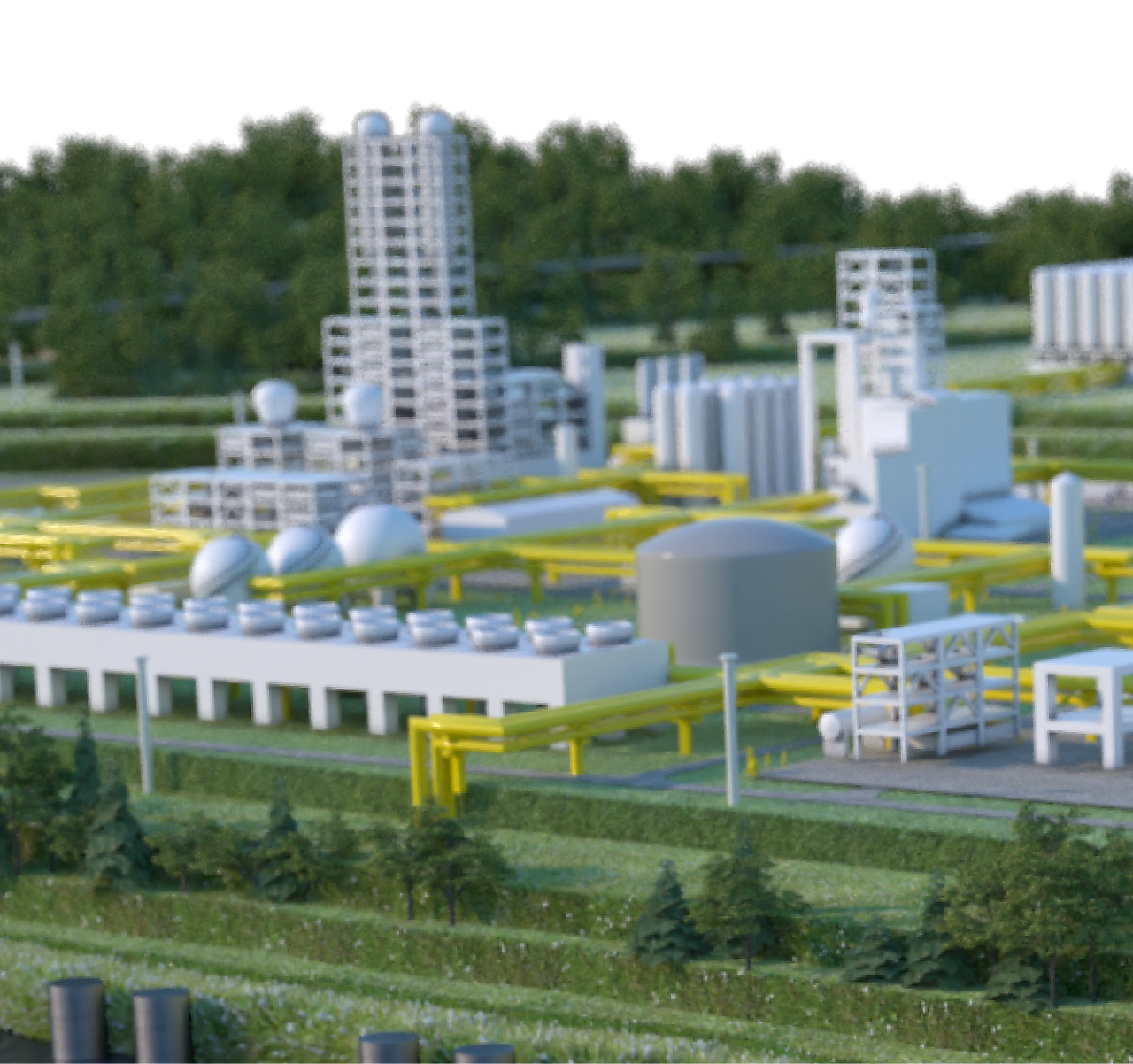
Managing Change With Resin Substitutes & Diverse Supply
Shell Polymers gives converters a strategic supply option for polyethylene or resin substitutes to keep their operations moving
In previous articles, we’ve looked at issues that polyethylene shortages cause for converters. We’ve also looked at creative ways that suppliers and converters can work together to solve those challenges like resin substitutes: switching polypropylene to polyethylene, for example. But what about a more traditional method like adding new resin supplies? While working with a new polymer supplier can bring its own challenges, our team is here to help walk you through best practices to mitigate any issues a new supplier relationship might have.
Is a New Supply and Supplier Necessary?
Given the recent supply shortages and supply chain slowdowns, the answer to whether or not a converter needs a new supplier is almost always “yes.” New suppliers offer a way for converters to increase their supply chain resilience, providing an additional source of resin should a primary source be indisposed.
Resin shortages will lead to production slowdowns unless suppliers have a way to evolve with the change our industry regularly sees. That kind of change can include how to effectively introduce new products or bring new additives into resins without it adversely affecting performance of the final product. Other common changes include the need to keep up with the equipment we all use. After all, there have been innovations in conversion equipment and having a supplier who works with the latest technology and can understand a converter’s challenges around a specific machine is a big benefit.
However, working with a new supplier can introduce variables that increase risk. From the interviews we’ve conducted with converters, we know full well that reducing that kind of risk is a big concern. After all, it can be challenging to expect the same performance and resin from a new supplier when your current supplier has been working with you for a long time. The best ways to minimize those concerns are through thorough quality control measures that Shell Polymers takes seriously. In fact, we’ve discussed the high quality standards we hold for our polyethylene products, as well as the importance of lot-to-lot consistency and how our team achieves it.
But before we get into the granular points about resin quality, it’s important to answer the high-level question of why another supplier is even needed in the first place.
The Benefits of Diverse Sourcing
The biggest benefit a new supplier brings to a converter, especially in this challenging environment, is a more diversified supply chain. A diversified supply chain coming from two or more suppliers automatically builds resistance into your business. When a resin supply or resin substitute is delayed or not on-spec, the converter is directly affected and often has to adjust production. With a diversified supply chain, when one supplier runs into issues with resin, you have others to call on.
Working with Shell Polymers, for example, allows converters to benefit from a supplier who uses multimodal logistics. We are one of only a few suppliers that can ship trucks directly from our site. This provides not only options to converters but also the ability to respond quickly should railcar shipments be delayed. These options give converters flexibility to meet their needs and address logistic challenges that may occur.
Shell Polymers also aims to collaborate with suppliers on solutions that enable their success. A McKinsey study shows the benefits of companies that regularly collaborate with suppliers. Those include higher growth, lower operating costs, and greater profitability than peers. Diversifying your supply with top-tier suppliers is a great way to get peace of mind around your supply and take advantage of collaborative solutions and a deeper network of suppliers.
With the tight margins, volatile resin prices, and weather disruptions our industry faces, we understand that managing change is critical. Adding a supplier is adding change to your operations, and we have plans in place to manage and mitigate that change.
How Shell Polymers Mitigates Change for Converters
Change can happen at multiple levels for a converter. Supply shortages can lead to the need for new resin sources. Delays create the need for proactive delivery solutions so slowdowns don’t hurt the bottom line. And inconsistent resin from a supplier will lead to converters needing to recalibrate equipment every time they get a shipment.
Shell Polymers aims to alleviate those stressors through advanced solutions, including our change management system and experienced team members. Our robust change management system helps us introduce new products and/or processes without requiring converters to adjust production. With the converter equipment we have on-site, we can test and analyze how our resin will work in different conversion processes and share that information with customers so they can be assured their resin will work as expected.
Plus, our analytical lab is filled with polymer scientists who will act as a final check for lot-to-lot consistency. They, along with analytical chemists and chemical engineers, will be at the ready to answer any questions. This can cut down on analysis and adjustment time from the supplier side, meaning we can keep resin on-spec and consistent with what customers expect more efficiently.
These solutions, along with our focus on quality, will enable us to provide consistent resin and resin substitutes with minimal changes to customers’ operations. For converters, that means working with a supplier who manages change so you don’t have to.

Discover the Business of Plastics
Download our comprehensive Business of Plastics industry report to stay on top of evolving converter trends.
1 https://www.mckinsey.com/business-functions/operations/our-insights/taking-supplier-collaboration-to-the-next-level


